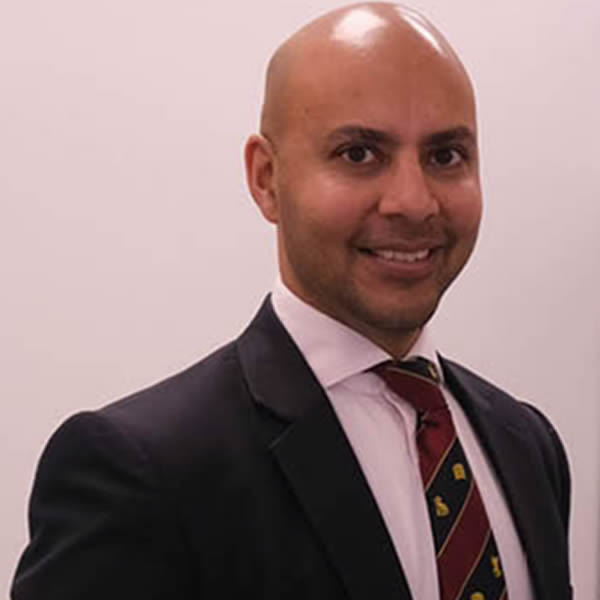At Regents Specialist Clinics, we do not perform surgery needing general anaesthesia, overnight stay or heavy and prolonged sedation within our premises. We do not facilities to support specialists surgeons. However, specialists surgeons are able to see their patients either for medico-legal assessments and discussion or mainly for consultations and follow-up as determined by the surgeon. The following specialists are represented:
Orthopaedics including Ankle and Foot Surgeon
Orthopaedic surgery or orthopaedics, is the branch of surgery concerned with conditions involving the musculoskeletal system. Orthopaedic surgeons use both surgical and nonsurgical means to treat musculoskeletal trauma, spine diseases, sports injuries, degenerative diseases, infections, tumourand congenital disorders. This is a wide specialist practice and the waiting lists are usually very long within the national health service. Orthopaedic application of regenerative medical technology is now well established, where surgeons are able give injections to various tissues and joints to achieve improvement in your conditions. One sub-specialist area is ankle and foot orthopaedic surgery. Regents Clinics is in partnership to facilitate the availability of ankle and foot clinic consultations and any related medico-legal work.
Vascular Surgery, including Endovascular Surgeon
Orthopaedic surgery or orthopaedics, is the branch of surgery concerned with conditions involving the musculoskeletal system. Orthopaedic surgeons use both surgical and nonsurgical means to treat musculoskeletal trauma, spine diseases, sports injuries, degenerative diseases, infections, tumour and congenital disorders.
The waiting lists are usually very long within the national health service, for vascular surgery. Treatment relation to varicose veins, are also increasingly being carried out in the outpatients setting. More complex vascular surgery, involving keyhole surgery – or endovascular surgery, is an are of technological advancement, which significantly improve recovery of patients after surgery. Regents Clinics is in partnership to facilitate the availability of endovascular surgery consultations and any related medico-legal work.












